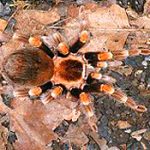
by Robin | Apr 21, 2022 | Pest Identification, Spiders
Tarantulas mainly eat insects and other arthropods, using ambush as their primary method of prey capture. The biggest tarantulas can kill animals as large as lizards, mice, and birds. Tarantulas are found in tropical and desert regions around the world. Most...
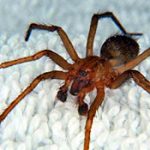
by Robin | Apr 21, 2022 | Pest Identification, Spiders
The hobo spider (Tegenaria agrestis) is a member of the genus of spiders known colloquially as funnel web spiders, but not to be confused with the potentially deadly Australian funnel-web spider. It is one of a small number of spiders in North America whose bites are...
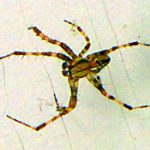
by Robin | Apr 21, 2022 | Pest Identification, Spiders
The European garden spider, diadem spider, cross spider, or cross orbweaver (Araneus diadematus) is a very common and well-known orb-weaver spider in Europe and parts of North America, in a range extending from New England and the Southeast to California and the...
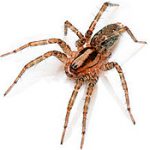
by Robin | Apr 21, 2022 | Pest Identification, Spiders
The coloring of an adult T. domestica is typically dark orange to beige, with a common characteristic of striped legs and two black stripes on the cephalothorax. The abdomen is gray. In North American species, however, these colors might change for darker, almost...
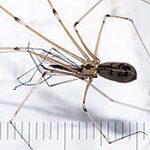
by Robin | Apr 21, 2022 | Pest Identification, Spiders
The cellar spider or daddy longlegs (Pholcus phalangioides), also known as the skull spider due to its cephalothorax looking like a human skull, is a spider of the family Pholcidae. Females have a body length of about 9 mm; males are slightly smaller. Its legs are...







Recent Comments